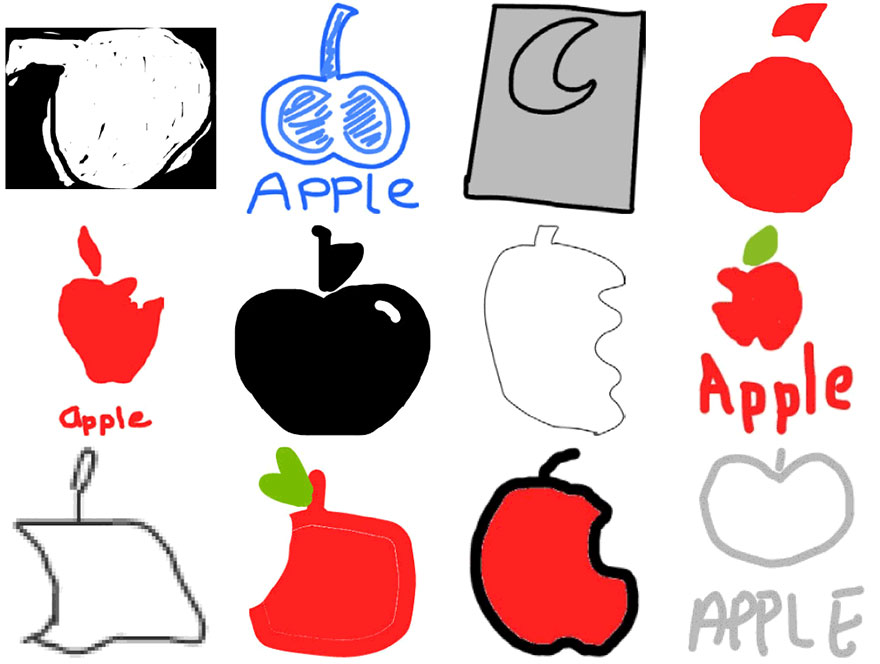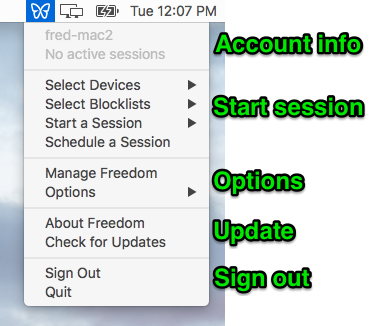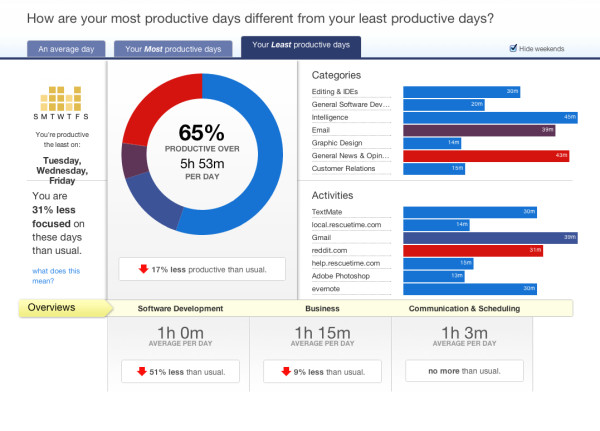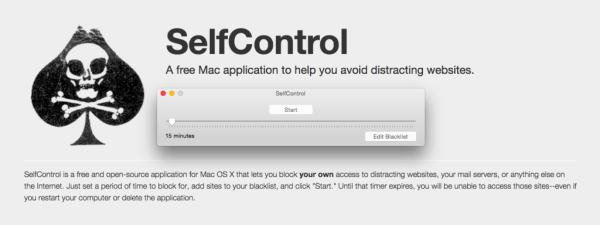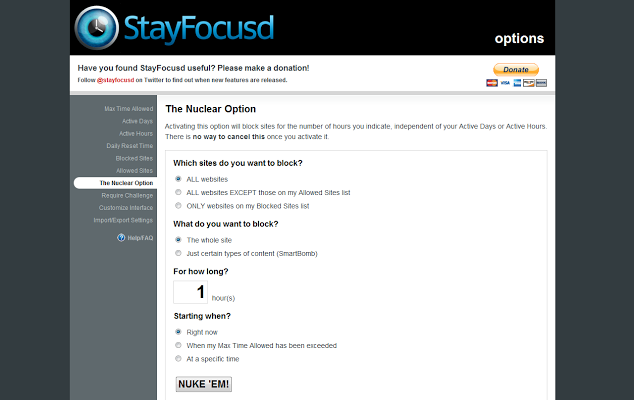Thinking Flashcards – Unleash Your Creativity With The Power of Spaced Repetition Programs

Being creative is definitely one of the superpowers of modern times. Alas, various TV series and movies have warped this amazing skill beyond recognition.
There is always some charming and smug asshole who seems to deliver a brilliant solution after one glance at the piece of paper. I mean, how realistic is that?
Being creative is a hard work and more often than not, it's a long process. And it's certainly not easy.
Problems with coming up with creative solutions
I love to walk around the town and observe how new businesses prosper.
As in any big city (Wroclaw - see some pictures here), there is always a new shop or a restaurant cropping up around the corner.
And as in any big city, most of them go bankrupt. There is nothing weird about this.
What's weird is that most of these businesses almost never try anything to stay afloat.
I know because I regularly check what they are trying to do in order to help themselves. The answer 99% of the time is "nothing". They just establish their business, see that it doesn't work and then put up the shutters.
And I die a little bit every time I see this.
Would it hurt them to think up a couple of things which will help to save their business? Would it hurt them to try just a little bit harder? Many of them just throw a towel and gracefully bend over and let their lack of creativity take most of their life savings.
That just goes to show that maybe being creative is not that easy. Maybe there are obstacles which you need to be aware of in order to overcome them.
Let's go through them to see where the potential pitfalls lie.
1. Lack of system

Photo by Markus Spiske on Unsplash
I know plenty of really smart people but almost none of them have any system for being creative. When asked why they usually answer that:
- 1it is weird
- 2it is robotic
- 3creativity shouldn't be tamed
- 4[[ insert another rationalization - use random excuse generator]]
And I get it.
Everyone would like to be this spontaneous genius. You see a problem and bam!
Just 5 seconds later you shake out a brilliant idea out of your sleeve. The crowd cheers, your admirers sway as you walk on and grace them with your greatness.
Unfortunately, the reality is quite different. Most of the time, you just look blankly at a piece of paper and then start bawling uncontrollably.
2. Availability Heuristic
Availability Bias or Heuristic, the term coined by Daniel Kahneman, states that we tend to most easily recall what is salient, important, frequent, and recent.
This tendency can be perceived as the brain's energy-saving mode.
Why burn through precious deposits of glucose to recall everything when you can just concentrate on what's available?
The problem with this bias is that what's available in your memory is rarely what's needed to really solve a problem.
3. First-conclusion bias
If you want another proof that your brain is lazy and spiteful, look no more.
First-conclusion bias states that most of the time, we are willing to accept the first idea we get. Once again, this is yet another energy-saving mechanism of ours.
Remember that logical and creative thinking requires activation of prefrontal cortex which is the most energy consuming part of our brain.
Once again, the problem is that the first conclusion is rarely any good.
Now that you know your enemy a little bit better, let's take a closer look at the process of being creative.
The most important tenet of creativity
"Since the only way you are going to find solutions to painful problems is by thinking deeply about them—i.e., reflecting." - Ray Dalio
We like to think about being creative as of something magical. You know, the magic comes, rubs you gently on your arms and sticks the right words into your ears together with its tongue.
The reality is that it's definitely more like pushing a boulder up the hill. If you drop it, you will probably never pick it up again.
And that means that
creativity is more about the process than anything else.
You need to constantly revisit the problem and constantly send the intention of solving it to the unconscious (read more about problem-solving).
What's more, I believe that creative ideas come from accumulating many small insights. You can't just settle for whatever knowledge you currently have - being creative is the process of curating the right ideas, tools, and facts (read more about why memorization is necessary to think effectively).
The following quote nicely reflects this idea:
"To arrive at the simplest truth, as Newton knew and practised, requires years of contemplation." - Mind Performance Hacks: Tips & Tools for Overclocking Your Brain
Now that you know what being creative is all about, let me explain how thinking work.
Thinking flashcards - how to make them

You can use any SR (spaced repetition) program to create thinking flashcards. The one I always recommend is ANKI. It gives you full control over your content. What's more, you can be sure that it won't disappear overnight or some company won't block your knowledge database if you don't give them your spleen or twerk.
1. Create a separate deck
Once you download it, create a separate deck and call it appropriately (like Bartosz's Magical Idea Deck).
2. Select a problem you want to solve
It doesn't matter how big a problem is as long as it is something that bothers you. If nothing comes to your mind right now but you would like to give this strategy a try, here are a couple of ideas which might help you:
Once you're done, put the name of the problem into the question field
3. Add two things into the answer field
a) Limitations:
I believe that placing some limitations on your ideas is one of the best ways to boost your creativity. It limits the general pool of possibilities and allows you to concentrate on the ones that count.
b) Tools/facts/information
Put anything which can contribute even slightly to solving the problem. Facts, products, tools, people and so on.
Example:
A friend of mine runs a very successful pub (its motif is a pre-war Poland). He has been increasing his profit for many years now but it seems that he's running out of steam.
Q: How to increase the profit of X pub?
A:
limitations:
tools/ideas/facts:
As you can see, not every idea is original and let me be clear - it doesn't have to be. Most of the time, a solution to almost every problem is already out there.
What's more, you don't have to flesh out all your ideas right away. You can add more details with every next review of your thinking flashcard.
Thinking flashcards - how to use them
You already know how to make thinking flashcards. Now, let me explain how they work. Don't worry, it's extremely easy.
1. Click "show answer" and brainstorm
Once you see the title of a flashcard, click "Show answer" so you can see your current list of ideas. Try to use whatever information you have there to come up with the solution. Nothing comes to your mind? Move on then.
2. Add another idea
Add at least one idea or limitation to your current list. You have to keep on stirring the cauldron of creativity!
3. Rinse and repeat
Repeat the process until you finally come up with something interesting.
Remember that the intervals between your brainstorming sessions shouldn't be too long. Always click "again" if you're afraid that's happening.
Also, keep in mind that it's unlikely that you will arrive at the solution while browsing or expanding these flashcards.
All they do is constantly keep a given problem at the forefront of your mind.
When your input reaches the critical mass, you will find yourself coming up with great ideas in the most unusual places. Although, it usually happens when you don't concentrate on the problem at hand.
Creativity is truly sly, isn't it?
Final words
Throughout the years, I have read about dozens of different creativity techniques but this is the only one which has allowed to be consistent. There are good reasons for that.
Thinking flashcards help you:
- 1accumulate your input in an organized manner
- 2attack a given problem regularly
- 3are fully automated
Especially, if you already use ANKI or other SRS program. What's more, they don't cost you much energy. If you have ever given up on your creativity in the past, maybe it's time to reconsider!
Your homework
It would be a shame to let this article go to waste. If you find this method appealing, choose one problem you have and get down to work.
Remember - it doesn't have to be anything big. As always, the trickiest part is to start. Of course, if you decide to use it, please let me know how it went.
Done reading? Time to learn!
Reading articles online is a great way to expand your knowledge. However, the sad thing is that after barely 1 day, we tend to forget most of the things we have read.
I am on the mission to change it. I have created over 22 flashcards that you can download to truly learn information from this article. It’s enough to download ANKI, and you’re good to go. This way, you will be able to speed up your learning in a more impactful way.







